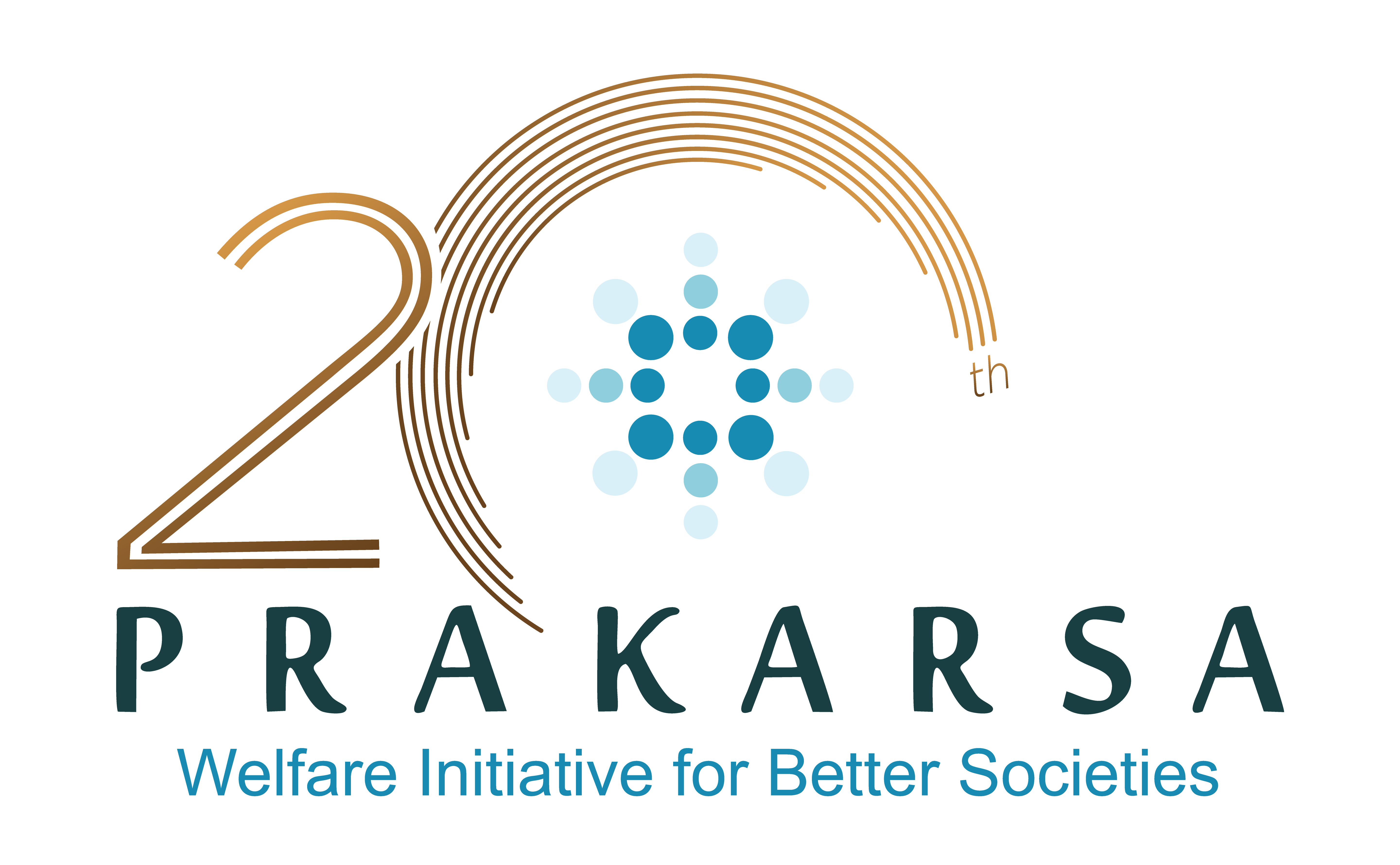ResponsiBank Coalition released a list of banks that contribute in financing the fossil fuel industry in Indonesia. According to the research findings, during the past 10 years, from 2004 to 2014, total credit and guarantee for companies in renewable energy rose from $ 95 billion to $ 119 billion. However, this amount is far less than financing for fossil energy that rose 10-fold to US $ 1,023 billion.
“The study was conducted by analyzing financing trends in 75 financial institutions for fossil fuels sector such as coal, oil and gas, also for renewable energy companies such as solar panels, solar power, wind turbines and geothermal,” said Secretariat Coordinator ResponsiBank, Rotua Nuraini Tampubolon in Jakarta last week.
The study was conducted in eight countries, namely Indonesia, Sweden, Japan, Netherlands, Belgium, Brazil, Denmark and France to check 14,164 transactions involving the world’s 25 largest financial institutions. It was found that the distribution of funds for the fossil fuel reached up to US $ 1,854 billion, much higher than the renewable energy with only US $ 171 billion.
She mentioned that Citigroup and JPMorgan Chase provided $ 75 billion for fossil energy while renewable energy is only US $ 5 billion.
Of the world’s 25 largest financial institutions, only nine provide fundings to the renewable energy industry, with no amount exceeding US $ 8 billion.
“In Indonesia, of several banks provide financing fossil energy, eleven banks were studied. Citibank, Mitsubishi UFG, OCBC NISP, HSBC, CIMB Niaga, BNI, BRI, Mandiri, BCA, Danamon and Bank Panin,” she said.
The research also studied companies like Adaro, Borneo Lumbung Energy & Metal, Bumi Resources, Indika and Toba Bara, and utility companies such as PLN, Paiton Energy and CJP.
“Citigroup, Mitsubishi UFJ Financial and HSBC poured over US $ 40 billion of funds, in the same period they only provide US $ 5-8 billion for renewable energy.”
For fossil energy BCA spends US $ 190 million compare to renewable energy of only US $ 3 million. Bank Mandiri spends for fossil fuels rose 283% from US $ 143 million to $ 547 million, while for renewable energy funds rose from US $ 1.4 million to $ 6.4 million.
Bank BNI provides 18% more for fossil energy with renewable energy spending fell 8%. BRI for fossils funds rose 142% and 128% for renewable energy from US $ 2.5 million to $ 5.8 million.
CIMB Group decreases its fund to 100% for renewable energy, fossil rose to 102%. Bank Danamon is not the object of research, thus its spending is unidentified.
“We ask the commitment of financial institution to increase its renewable energy financing and decrease its financing for fossil energy. We also asked them to publish an annual report on the financing of the energy sector.”
Farhan Helmy, the Principal of Thamrin School said, bank is only one of the instruments in pushing the process of transformation. “In the climate change negotiations, the main thing is that we have mitigation actions and adaptation, capacity, technology and also financing.”
Pius Ginting from Walhi (Indonesian Forum for the Environment) said that the research conducted by ResponsiBank discloses information that fossil energy is still very dominant. He said other countries tend to reduce the use of fossil energy.
He gave an example of the Obama administration where the United States shut down 200 coal-fired steam power plants. There is a policy to prohibit using the public space to fund coal power plant project. China has made a limit to continuingly reduce its emission in 2030. Now they are under preparation to stop new construction of coal power plant in 12 provinces. Not just about climate change, he said, but also on the severe air pollution.
Global coal demand is decreasing. Corporate policy is also diverting coal from the outside to domestic and the business integration of the coal mines to the coal power plant in order to compensate for the decline in exports. “For example, Adaro is involved in building the coal power plant in Batang. Kideco together with Indika build a coal power plant in Cirebon. “
He said there is actually an increasing trend in Indonesia in the use of coal. President Joko Widodo’s Nawacita (nine program priorities) states Indonesia would utilize coal for domestic needs. “The intention is good for energy sovereignty, but lacking in consideration of ecological aspects and climate change.”
He also highlighted the investment of Japan, as a major player in coal power plant investment. Japan holds number two in fossil investment in Indonesia, with a value of US $ 53.7 billion.
“What they did in Japan is the same as in Indonesia. This means that Indonesia is so important in the investment of fossil fuels, especially coal power plant because they are involved in Paiton, Cirebon, Jepara, Batang.”
Deputy Director of the Department of Banking Research and Regulation Financial Services Authority Edi Setijawan said, the transition of bank financing in fossil energy cannot be simultaneously switch to renewable energy.
“FSA already has a scheme to encourage banks to be more aware of sustainable financing. It deals with the upcoming meeting in Paris in early December 2015. We encourage financial institutions to increase a cleaner energy investment, “he said.
However, the FSA is committed that within the next 10 years they will encourage more capital market to have a financial policy which does not only think of economic growth, but also environmental impact.
Source: Mongabay

